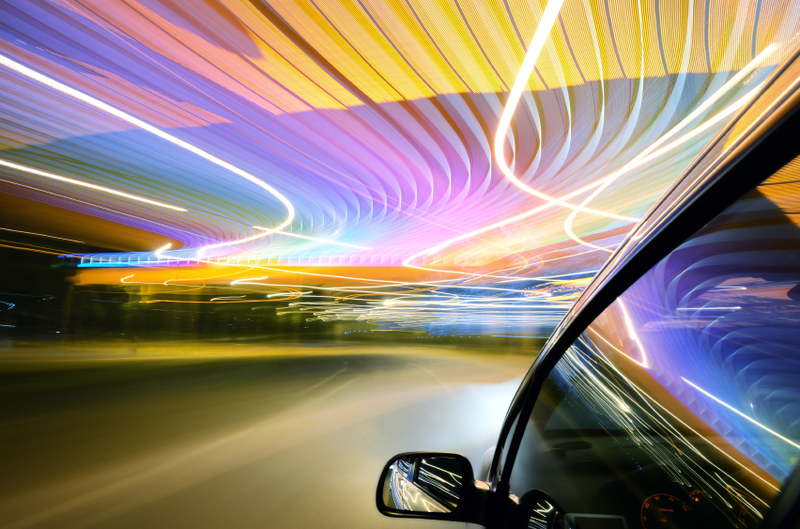Nvidia unveils developer platform for 'Drive PX'

(Image Credit: iStockPhoto/alubalish)
Driving can be one of the most unpredictable things, which makes the job of self-driving cars difficult. At CES in January, Nvidia announced their work on a computer that will "learn" the right and wrong decisions to make under various scenarios rather than attempting to rely on just pre-programmed situations.
We could've guessed such a complex system would come with a hefty price tag, and on Tuesday we learned the company's 'Drive PX' computer would cost $10,000. For this dosh, you are getting a system based on two of the firm's powerful Tegra X1 processors to deliver 2.3 teraflops of performance along with 12 cameras from which video will be used to learn about the behaviour of the road and its users.
“Driving is not about detecting, driving is a learned behavior,” said Jen Hsun Huang, CEO of Nvidia, during a presentation at the company’s GTC 2015 conference in San Jose.
Drive PX is 3,000 times faster than the 'DAVE' autonomous vehicle technology built by DARPA. This is an incredible feat, but important for when citizens of countries around the world are putting their lives at the automated controls of a computer.
“It’s a system that can be trained, and retrained, with more data,” Senior Automotive Director Danny Shapiro wrote in a blog post. “Every time your self-driving car gets an over-the-air update, it can get smarter.”
A small autonomous robot was used to demonstrate DAVE's capabilities. When the robot was first used, it ran straight into an obstacle. After it was fed 225,000 images to analyse, it successfully navigated the entire course without hitting into anything. Of course when talking about driverless cars, the system needs to be adept enough to not hit anything from the moment it's sharing the road.
Drive PX is 3,000 times faster than the DAVE autonomous vehicle technology built by DARPA.
It's this lack of control which puts some drivers off the idea of autonomous vehicles. Despite this, a surprising 57% of consumers would trust driverless cars according to a study from Cisco. In the same study, 46% would let their kids ride in them. Meanwhile, the Boston Consulting Group are predicting 12 million driverless cars by 2035.
Despite warning in a tweet back in 2014 that artificial intelligence is "more dangerous" than nuclear weapons, Elon Musk joined Huang on-stage to put his backing behind autonomous cars. When questioned on the tweet, the Tesla-founder replied: "We don’t really need to worry about autonomous cars. It’s a narrow form of AI.”
On accident avoidance, Musk says: "It’s fairly easy to deal with things that are sub five or 10 miles per hour, you just make sure it hits nothing. From 10 to 50 miles per hour in complex suburban environments, that’s when you can get a lot of unexpected things happening. Once you’re above 50 miles per hour, it gets easier again.”
Nvidia's Drive PX system will share information learned from one car to the rest via Over-the-Air (OTA) updates to ensure it is as robust as possible. The deep-learning system being used here is called DIGITS and lets computers train themselves to understand objects around them.
No automotive makers have been announced who are using Drive PX, but Nvidia says it is receiving significant interest and one of its partners has even announced plans to send off its self-piloted cars across the United States.
As such, the company has announced their development platform will be released in May to automakers, Tier 1 automotive suppliers, and research institutions. The 12 cameras will enable a wide range of advanced driver assistance features to run simultaneously – including surround view, collision avoidance, pedestrian detection, mirror-less operation, cross-traffic monitoring and driver-state monitoring.
Nvidia looks like it's set to deliver exactly the kind of system driverless cars require. We look forward to following this story as it makes its way to practical use, and will keep you updated with developments.
Are you interested in what Nvidia's Drive PX system can offer? Let us know in the comments.

Leave a comment
Alternatively
This will only be used to quickly provide signup information and will not allow us to post to your account or appear on your timeline.